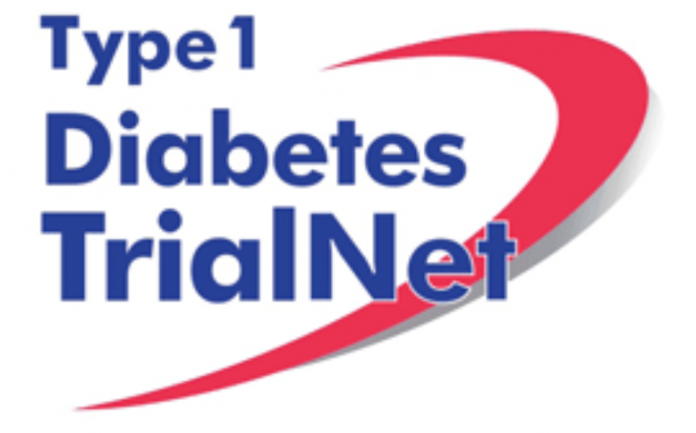The rate of type 1 diabetes is on the rise worldwide, with the greatest increase happening in children younger than five. There’s no established way to slow down or prevent type 1 diabetes. In an effort to find a way, the National Institutes of Health has created a network of the world’s leading diabetes researchers, called Type 1 Diabetes TrialNet.
The TrialNet research team at The Hospital for Sick Children (SickKids Hospital) is part of the international TrialNet network. The team is running The Pathway to Prevention study which aims to learn more about what causes type 1 diabetes and identify how to prevent and or delay the onset of the disease in at-risk individuals. Individuals who have a relative with type 1 diabetes have a 15 times greater chance of being diagnosed with diabetes than a person with no family history of the disease.
The Pathway to Prevention study screens relatives to identify their risk. Research has found that the potential risk can be detected years before symptoms appear. This advanced knowledge provides a window of opportunity when steps can be taken to attempt to delay or prevent the disease.
TrialNet is currently conducting type 1 diabetes prevention trials at SickKids Hospital and eligibility for these trials is partially determined during screening. Screening involves a simple blood test to check for diabetes-related autoantibodies that may appear up to 10 years before type 1 diabetes develops. First-degree blood relatives—siblings, children and parents — who are 1 to 45 years of age as well as second-degree blood relatives—cousins, uncles, aunts, nieces, nephews, grandchildren or half-siblings — who are 1 to 20 years of age may be screened to determine their risk of developing type 1 diabetes.
Those who test positive for autoantibodies are offered the option to move into the monitoring phase of the study where they are closely monitored for the earliest signs of the disease. Early diagnosis makes it possible to avoid dangerous complications that can occur when diabetes goes undetected and may also help the body make insulin for a longer period of time. They may also be able to join research studies testing ways to delay and prevent the disease.
The TrialNet research team at SickKids Hospital has teamed up with Diabetes Education Centres across Ontario to host local type 1 diabetes screening events throughout the year. There are a number of ways to get screened and screening is available across Canada, the United States, Australia and parts of Europe.
Participants in TrialNet screenings or studies are an important part of type 1 diabetes research and contribute greatly to the discovery of prevention strategies and a cure.
To get screened of for more information call: 416-813-7654 x 201798 or toll free at 1-866-699-1899. More information is also available on the TrialNet website: www.trialnet.org.


